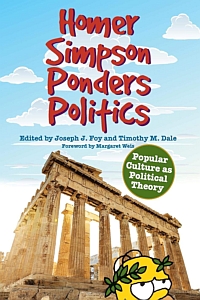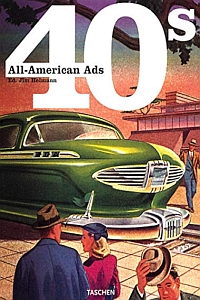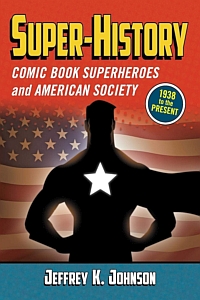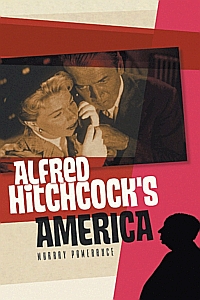By now, there are many excellent books on film noir, even on specific themes, locations, eras and countries. However, at least one major theme (or sub genre) has escaped the authors so far. The noir experience in America’s probably oldest and unique (usually most optimistic in outlook) movie tradition, the western, has not yet been […]
You are browsing archives for
Tag: American Studies
American Pulp: How Paperbacks Brought Modernism to Main Street by Paula Rabinowitz (2014)
What actually was the idea of Englishman Allen Lane during WWII found its way to the United States: the invention of a small, affordable book format, available almost anywhere where you could buy chewing gum and cigarettes. Lane, after unsuccessfully searching for small-sized books to read on his daily train rides, in 1935 founded Penguin […]
Gene D. Phillips. Gangsters and G-Men on Screen. Crime Cinema … (2014)
When the first (real) talking movie was introduced in 1928 (Lights of New York) it was a gangster movie. The use of gangster lingo, and the sound of gunshots made the genre even more successful. The short, brisk exchanges of the underground characters added more to the illusion of authenticity; the first full-length gangster movie […]
Dream West. Politics and Religion in Cowboy Movies by Douglas Brode (2013)
The myth and cultural legacy of one of the most powerful American symbols, the cowboy, is at the center of Douglas Brode’s volume Dream West. While it is not so much the cowboy itself that is analyzed and put in relation to other national icons, it is the set of values and the way the […]
Homer Simpson Ponders Politics: Popular Culture as … by Timothy Dale and Joseph Foy (eds.) (2013)
For many centuries stories, tales, parables and myths not only have been sources of inspiration or simple methods of entertainment; those creations were models to live and judge by and inspirations of how to react in certain situations (as well as guidelines of how not to). Tales and stories told over and over again finally […]
Comic Book Crime: Truth, Justice … by Nickie D. Phillips and Staci Strobl (2013)
Since superhero comic books often display in their stories characters, settings, possible problems and wishful thinking of their readers, even if the location is on another planet, it is only natural that also a sense of justice and the following punishment as felt by the readers is transported through the action heroes. There is a […]
All-American Ads of the 40s by Jim Heimann and W. R. Wilkerson III (2014)
While the 1940s saw a terrible war and allied troops fighting on various continents, those Americans who stayed behind were assured of their role in the war effort not by fighting but consuming for the final victory. Even though many goods such as tires, gasoline, metals, fibers and sometimes even electricity were rationed, the marketing […]
Super-History. Comic Book Superheroes and American Society… by Jeffrey K. Johnson (2012)
There are many ways to describe and finally explain not only the evolution of the comic book superhero but find causes and reasons for their change, adjustment and complete modification throughout superhero history. As World War II historian Jeffrey K. Johnson unfolds very carefully, there is mostly one explanation why the colorful superheroes changed with […]
Alfred Hitchcock’s America by Murray Pomerance (2013)
With his second publication on Alfred Hitchcock, Professor Pomerance has now given focus to the Americanization of the great director’s themes and film settings. After all, Hitchcock remained British in character all of his life and probably had not imagined becoming an American subject in his early days. That things would turn out so well […]









